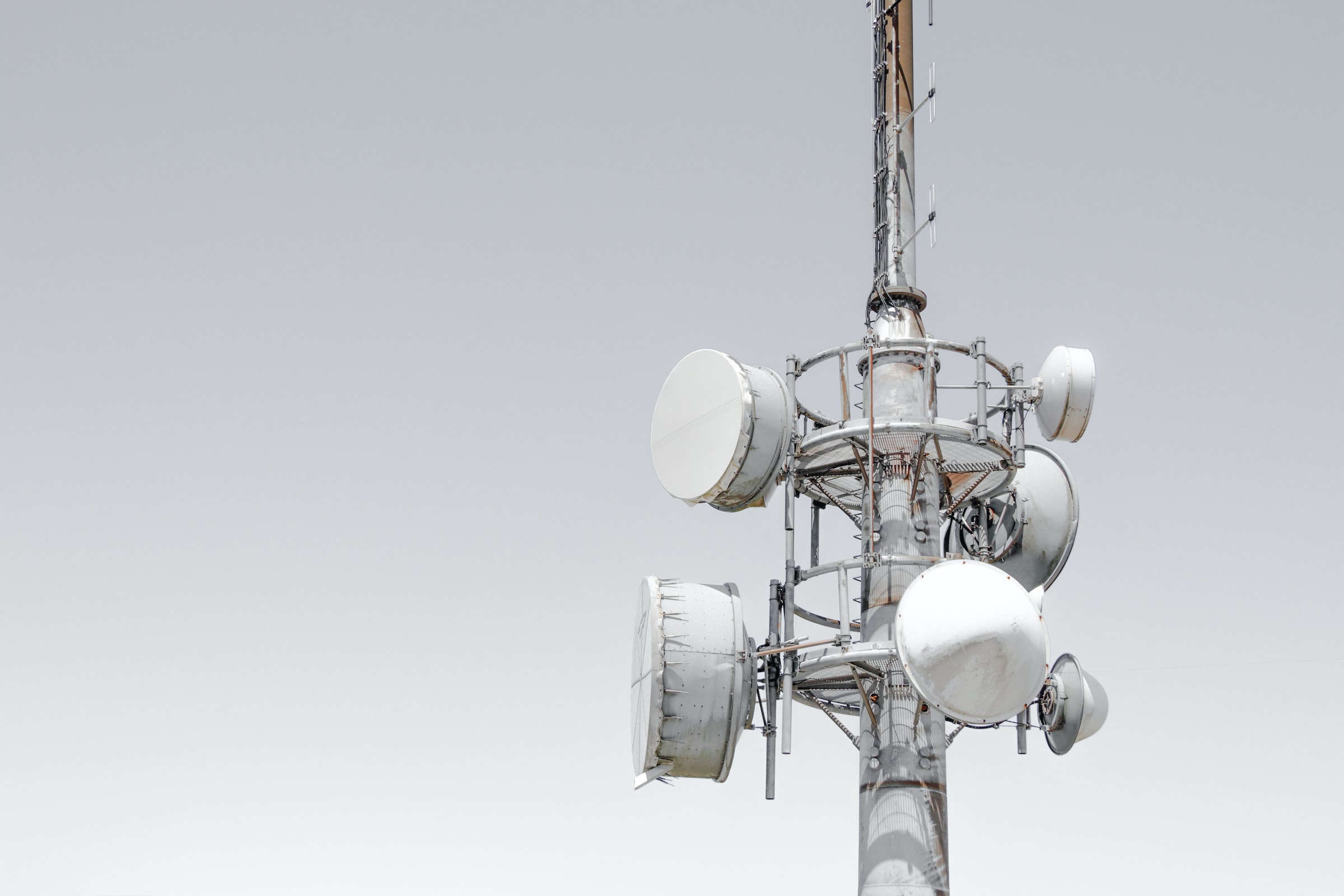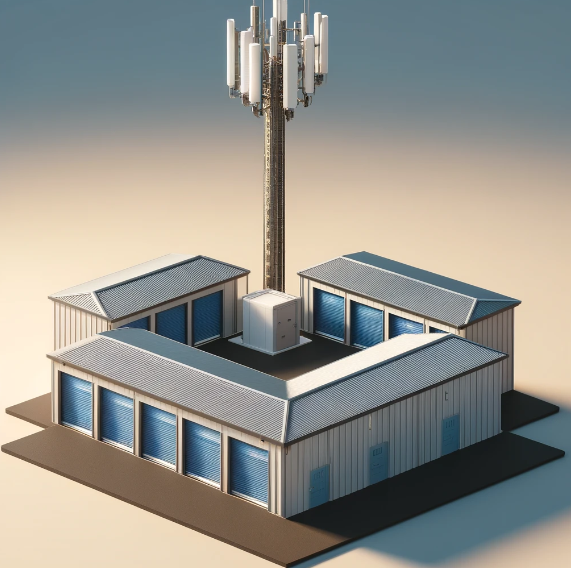The Top 10 Questions Landowners Ask About Proposed Cell Tower Leases
The Top 10 Questions Landowners Ask About Proposed Cell Tower Leases
Over the past 10 years, Steel in the Air been contacted by 10,000+ landowners, building owners, tower owners and public entities. During this time, we’ve discussed many issues with our clients. Since we have created this website to be a valuable public resource, we thought it would be helpful to assemble a list of the top questions that we receive from landowners regarding proposed cell tower leases or cell site leases.

1. What Is The Appropriate Lease Rate For Our Property/building?
The answer is that it depends upon the uniqueness of the subject site. By that we mean whether the carrier could just as easily find other properties nearby to lease. Lease rates for cell towers can run from as low as $100 a month to $15,000 a month for very unique properties. The average lease rate (considering all cellular leases in the U.S.) in our database is around $900/mo. The type of lease and the location of the cell site highly impact the valuation. We have dealt with leases on both ends of this spectrum and all between. For more information on how we help you determine the fair market value of a cell tower lease, take a look at our our proprietary cell tower lease rate database.
Contact Us
2. How Much Should I Get If They Add Or Collocate Another Wireless Company On The Tower?
The simple answer is that in most cases, you shouldn’t get anything. Most carriers and all tower companies will do everything they to avoiding paying a share of revenue from future carriers on the tower. In many cases, if you demand revenue sharing, you will end up losing the lease. So be sure that they don’t have any other preferable or equal options before requesting revenue sharing. If you need help figuring this out, please let us know.
3. How Much Should The Lease Escalate And How Often?
Landowners frequently need to know whether the proposal from the wireless carrier is fair. Escalation rates range from 1% per year to 8% per year although most people don’t see anywhere near the upper end of that range. Historically, if you examine the last 10 years, you will see that that the consumer price index (a measure of inflation) has averaged 2.3% per year. This means that to maintain the same value of your lease you would need to receive annual escalation of at least 2.3%. From 1990 to 1999, the average CPI was 3.1% per year. Over the last 100 years, it has averaged 3.2%. Recently, the wireless carriers have been pushing hard to reduce the escalation in their leases, offering 7.5% over five years or 2% per year. Your decision to push for a higher escalation should depend upon how unique your property is (or is not) and what you are asking for in terms of lease rate and other financial terms. In other words, escalation, lease rate, signing bonus, revenue share payments, option payments, and other lease terms should not be considered in isolation but part of the overall fair market value of your lease. If you need help with figuring out what to ask for, we are experts in evaluating ALL components of a proposed lease.
4. How Long Should The Lease Be For?
Our clients regularly ask us whether they have to agree to the typical 25 years being proposed by the wireless carrier or the 50-75 years being proposed by the tower company. Because of the capital investment required to build a cell site and because other cell sites are built based upon their proximity to existing cell sites, the carriers need the assurance of a long term lease. Surprisingly, many of our clients think that a longer lease is more valuable. However because most leases contain termination rights only for the tenant/wireless carrier, it is less valuable than they might think as the longer term is a one way commitment. The wireless carriers will agree only very rarely to commit to a long term lease themselves. Twenty five years is typical and should be fine in most cases.
5. Why Do They Have The Right To Terminate If I Don’t?
In conjunction with term, many landowners think they should have the right to terminate the lease if the wireless carrier does. Unfortunately, most wireless carriers will not grant the landowner the right to terminate under any circumstances.
6. Should I Agree To The Right Of First Refusal Clause?
Most proposed cell tower leases these days contain right of first refusal clauses that limit the lessor’s (landowner) right to sell the property or the lease without giving the lessee (tower owner/wireless carrier) the right to match the offer. The wireless carriers have a legitimate concern about third parties buying out their leases via a cell tower lease buyout. However, in most leases, the language in the Right of First Refusal is overly broad and could end up being very restrictive in the event of a regular sale of the property. This language should be narrowly drafted so as only to include the sale of the lease itself and only to companies that own or operate towers or that buy leases.
7. The Wireless Carrier Is Offering A Few Hundred Dollars For The Option To Lease My Property. What Should I Agree To?
Many landowners and building owners don’t recognize that the carriers aren’t actually offering a lease, but are instead offering to purchase an option to lease. The distinction is that a lease forces the carrier to start paying rent, while the option only requires that they put down an option payment so that they have the right to lease the property if they so choose. Under the option, the carrier could always choose not to commence the lease and thus, you would not receive payments unless they commence. To make sure that the carrier or tower company isn’t just leasing property and holding it, we recommend asking for an option payment. The option payment will vary widely and can be as little as $100 and as high as $10,000. Some landowners or their attorneys try to force the carrier or tower company to start paying rent immediately. If you do that- you will lose the lease 99 times out of 100. Please note that when you sign the option, you are agreeing to the terms of the lease, so make sure that you have an attorney review the language before you sign not after.
8. Should I Ask For A Signing Bonus Or To Have My Attorney’s Fees Reimbursed?
While the option payment is intended to reserve the option to lease, sometimes the carriers or tower companies will offer to either pay a signing bonus to encourage the landowner to hurry up and sign, or they will offer to reimburse the landowner for attorney’s fees. Signing bonuses can be up to $5,000, but are typically less than $2,000. We recommend that landowners consider asking for a signing bonus, attorney’s fees, or options payments. However, don’t be greedy when asking for them. You don’t want to scare away your potential cell tower tenant and a lucrative lease just because you pushed for an extra $1,000 up front.
9. Who Should Pay For Taxes?
The tenant should always pay for any personal property taxes or real property taxes that are owed due to their improvements on the property or erection of the tower. We would strongly recommend not entering into a lease agreement wherein you are responsible for the taxes due to the tower.
10. How Quickly Do I Have To Respond Once They Contact Me?
The site acquisition agent who contacts you, more often than not, gets paid on a milestone basis, meaning that they get paid when they perform certain tasks, such as the identification of three candidate sites, and also when leases are signed. Thus, they are motivated to move quickly because they don’t get paid until they do. If you take too long, they will likely move to the next candidate. Our suggestion is that you contact them immediately, and try to proceed quickly, whether that means negotiating the lease yourself, going to an attorney (like www.celltowerattorney.com), or retaining a consultant, like Steel in the Air, Inc. Delaying, in most cases, will mean that someone else will end up receiving the rental income. Feel free to contact us at any point in the process. We will happily advise you on what your next steps should be, whether they are to retain us immediately or to wait until the carrier has presented a formal offer.
If there are questions that you have that are not included in our top ten cell tower lease questions, please reach out to us. Our representatives will gladly answer your questions or if the questions require further research, will provide a no-commitment quote for services.










